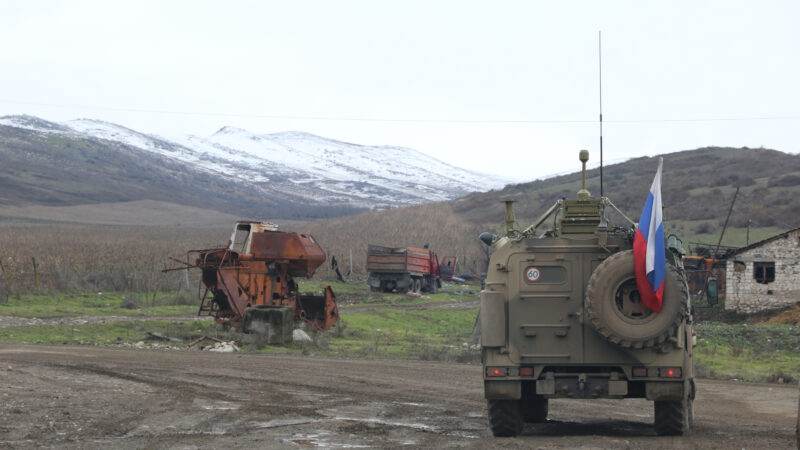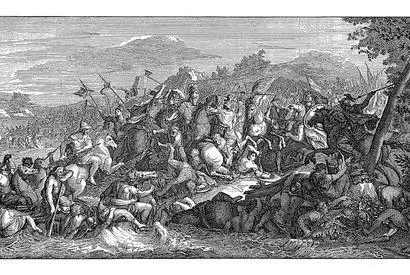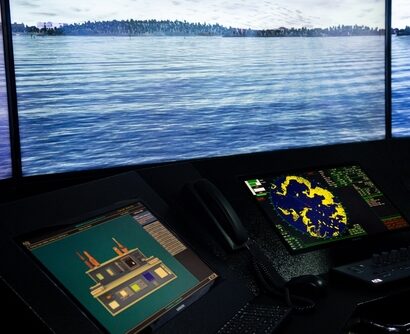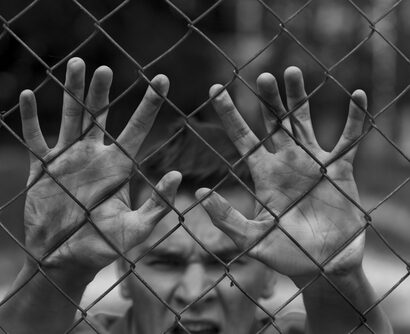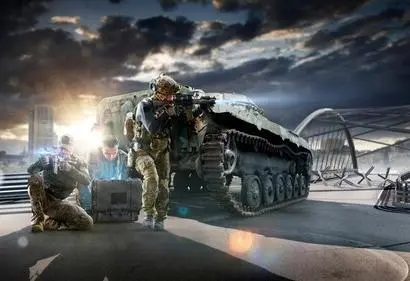Abstract: The Russian veto power has significantly contributed to the ceasefire agreement of November 10, 2020, signed by Armenia, Azerbaijan and Russia, and, thus, enlarged the political presence of Moscow in the South Caucasus. As an outcome, by introducing its troops in Nagorny Karabakh, Russia regained its position in Azerbaijan that it lost since the expiration of the lease agreement for the Gabala radar station in 2012. In the paper, it is assumed that Moscow did not need the radar station, and, with the peacekeeping mission, it may stay in Azerbaijan after 2025 – the date of the expiration of the ceasefire agreement.
Bottom-line-up-front: The case of increasing the rent of the Gabala radar station to remove foreign military presence shows that it may lead to a temporary solution.
Problem statement: How may Russia’s return to Azerbaijan influence the Nagorny Karabakh conflict situation?
So what?: The states should agree on a timeframe for the withdrawal of the peacekeeping contingent and reflect them in a timely manner in the peacekeeping agreements to have a legal basis for the release of territory.
The 2020 Russian Peacekeeping or the Questionable Irrelevance of a Radar Station
Download PDF • 922KB
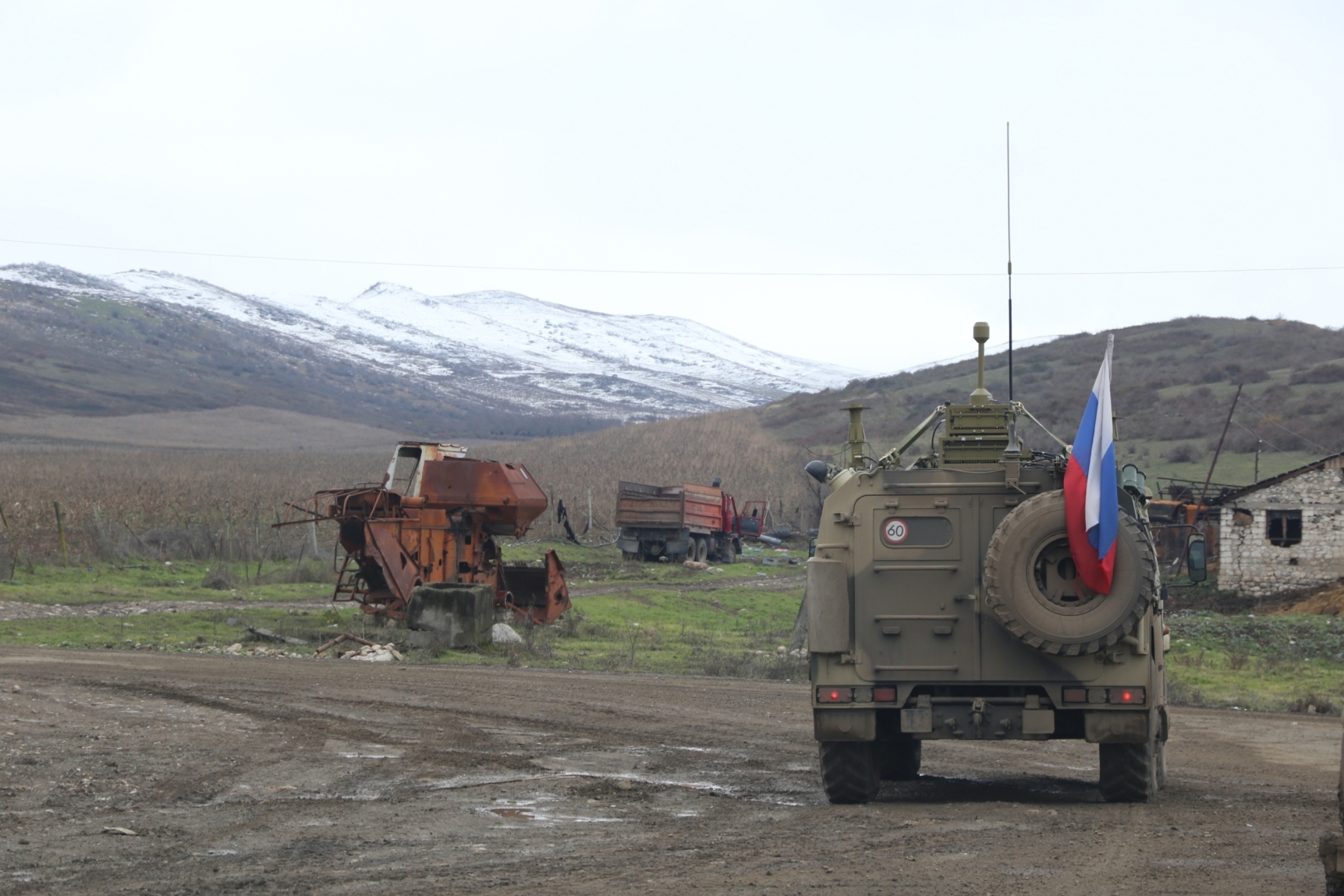
Source: shutterstock/Emil Aliyarli
The 2020 war in Nagorny Karabakh (NK) sparked a lively debate between analysts because of the actors involved in the conflict and the new technologies used by Azerbaijan. As the result of the war, Baku regained control of NK, expanded the controlled territory, and increased the number of controlled settlements in the conflict zone – seven regions bordering with NK, including Agdam, Kalbadjar and Lachin regions (see Picture 1 below).[1], [2]
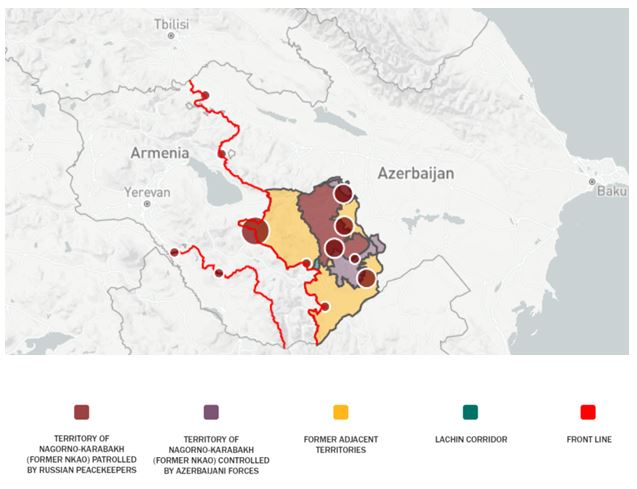
Nagorny Karabakh and bordering regions; Source: modified from the article of the Crisis Group on The Nagorno-Karabakh Conflict: A Visual Explainer[2]
Aleksandr Vorobev of the Russian Center for Investment and Integration Cooperation noted that the result of the 2020 war would ensure political stability in Azerbaijan.[3] However, Baku falls into severe political dependence on Turkey and Russia:
- According to Dumitru Minzarari of the German Institute for International and Security Studies, President Aliyev should be grateful to Russia for not employing “… its electronic warfare capabilities against Azeri drones”.[4] Also, President Aliyev should be grateful to Turkey for constantly training its army and winning the 2020 war for them.[5]
NK remains a territory with an uncertain status, confirmed by PresidentPutin, who said that the status of the region “… itself should remain unchanged, that is, it should be transferred for the future.” The literal translation from Russian shows that Russian peacekeepers will stay in NK after 2025 (the year ending the ceasefire agreement). Vladimir Putin confirmed that NK belongs to Azerbaijan following international law. However, at the same time, he mentioned that “…the situation, …, is more complicated than just simple normative postulates, including international legal ones.”[6]
Vladimir Putin confirmed that NK belongs to Azerbaijan following international law. However, at the same time, he mentioned that “…the situation, …, is more complicated than just simple normative postulates, including international legal ones.”
“Russia is Back” in Azerbaijan
In November 2020, a Russian peacekeeping contingent deployed in NK and the Lachin corridor.[7] At the same time, an Interdepartmental Humanitarian Response Center was established by the decree of the President of Russia, the goal of which is to promote the resolution of humanitarian issues and the restoration of civil infrastructure in NK.[8] The Russian Federal Security Service has also deployed additional posts on the border of Armenia- Nakhichevan and Armenia – Iran. Thus, Russia has strengthened its military and political influence in the South Caucasus. and has established itself as the sole guarantor of the ceasefire agreement of November 10, 2020. Moscow has excluded Ankara (strategic supporter of Azerbaijan in the 2020 war and the main competitor of Russia at the time) from official participation in the ceasefire negotiations and the post-conflict period. The expert survey respondents stressed that in regional geostrategic terms, Russia managed to partially block the expansion of Turkish influence and make it difficult for NATO to strengthen its influence in the Caucasus.[9] The 2020 war, as a mechanism for resolving the conflict, played into the hands of Russia by providing a way back into Azerbaijan through a peacekeeping mission after its soldiers left Gabala in 2012 following the expiration of a lease agreement for a radar station.
The Gabala Radar Station
The main issue for the agreement’s extension was the increase in the rent, which proceeded from the plans of the Russian side – the modernization of the station and the assignment of the station to Russian property in the future.[10], [11] As the Azerbaijani socio-political newspaper “Xalq qәzeti” notes about the Ministry of Foreign Affairs of Azerbaijan, the Azerbaijani side was ready for negotiations on extending the operation of the station. However, an agreement was not reached on the rental price ($300 million per year).[12] Gabala was more of a geopolitical interest for Russia than the station itself with its obsolete technology – while renting the station, Russia was military present in Azerbaijan. Russia put on duty the Armavir radio engineering center that fully compensates the refusal of Moscow from renting the Gabala station. The Armavir station has the capacity to detect ballistic, aerodynamic and space objects and it covers the South Caucasus.[13] Russian online newspaper “Kavkazskii uzel” underlines that, in South Caucasus, the military presence of Russia was limited geographically – till Armenia and Georgia and did not reach Azerbaijan.[14]
Gabala was more of a geopolitical interest for Russia than the station itself with its obsolete technology – while renting the station, Russia was military present in Azerbaijan. Russia put on duty the Armavir radio engineering center that fully compensates the refusal of Moscow from renting the Gabala station.
Since Turkey is strengthening its power in the South Caucasus, it is assumed that Russian peacekeepers wish to stay in the region to balance against Turkish power. Also, clashes between Armenia and Azerbaijan contribute to the prolongation of the ceasefire agreement in the future.[15] The President of Azerbaijan said that the conflict has been resolved and “Armenia should also accept it … and work on establishing borders with us [Azerbaijan].”[16] So far, the conflict has been resolved temporarily. Furthermore, due to loopholes in the ceasefire agreement signed by Russia, Armenia, and Azerbaijan, Moscow’s position is autonomous and confident towards other actors involved in the conflict. Andras Racz, security and defence expert of the German Council on Foreign Relations, states that Russia may stay in the region after 2025 and make its military presence long-lasting.[17] Therefore, the return of Russia to Azerbaijan may contribute to the long-term restoration of negative peace in the region.
Botakoz Kazbek; her research interests centre on human rights, public administration, security studies, and peacekeeping. She is the author of “The Turkish “All-Inclusive” Package of Military Service and the Nagorny Karabakh Case 2020”. The views contained in this article are the author’s alone and do not represent the views of the University of Padua, the University of Grenoble Alpes, or the Catholic University of Lyon.
[1] Azerbaijan, Administration of President, Armyano-azerbaijanskii konflict: https://static.president.az/upload/Files/2021/09/27/7ebbd83kg2_Qarabag_2021_RU.pdf.
[2] Crisis Group, “The Nagorno-Karabakh Conflict: A Visual Explainer,” February 15, 2022, retrieved in March 2022, https://www.crisisgroup.org/content/nagorno-karabakh-conflict-visual-explainer.
[3] Aleksandr Vorobev, “Posle Karabaha. Kto i kakuiu vygodu poluchil ot vspyshki konflikta na Uzhnom Kavkaze,” Nezavisimaia Gazeta-a (2020, November 29), retrieved June 2021, https://www.ng.ru/dipkurer/2020-11-29/11_8026_karabakh.html.
[4] Dumitru Minzarari, Russia’s Stake in the Nagorno-Karabakh War: Accident or Design? November 12, 2020, retrieved in March 2022, https://www.swp-berlin.org/en/publication/russias-stake-in-the-nagorno-karabakh-war-accident-or-design.
[5] Botakoz Kazbek, The Turkish “All-Inclusive” Package of Military Service and the Nagorny Karabakh Case 2020, January 10, 2022, https://www.thedefencehorizon.org/post/the-turkish-all-inclusive-package-of-military-service-and-the-nagorny-karabakh-case-2020.
[6] Russia, Administration of President, Ezhegodnaia press-konferencia Vladimira Putina, December 17, 2021, retrieved in June 2021, http://kremlin.ru/events/president/news/64671.
[7] Russia, Administration of the President, Soveschanie po resheniu gumanitarnyh voprosov v raione Nagornogo Karabaha, November 13, 2020, retrieved in June 2021, http://kremlin.ru/events/president/news/64409.
[8] Russia, Administration of the President, November 13, 2020, www.kremlin.ru, retrieved in June 2021 from Ukaz o Mezhvedomstvennom centre gumanitarnogo reagirovania: http://kremlin.ru/events/president/news/64408.
[9] Botakoz Kazbek, Artificial Intelligence in Warfare: The Influence of Using Autonomous Weapon Systems on The Balance of Power in High Karabakh, University of Grenoble Alpes, University of Padua, Catholic University of Lyon.
[10] RIA Novosti, “Rossia priostanovila ekspluataciu Gabalinskoi RLS,” retrieved in January 2022, https://ria.ru/20121210/914207019.html.
[11] DayAz, “Skolko na samom dele stoit Gabalinskaya RLS,” retrieved in January 2022, https://news.day.az/politics/319205.html.
[12] Xalq qәzeti, “Ministerstvo inostrannyh del Azerbaijana rasprostranilo zaiavlenie o prekrashenii ekspluatacii Gabalinskoi radiolokacionnoi stancii,” retrieved in January 2022, https://old.xalqqazeti.com/ru/news/politics/9775.
[13] RIA Novosti, RLS novogo pokolenia zastupilo na boevoe dezhurstvo na Kubani, June 06, 2013, retrieved March 2022, https://ria.ru/20130606/941870971.html
[14] Kavkazskii uzel, “Reshenie o zakrytii Gabalinskoi RLS otvechaet interesam Azerbaijana, schitaut eksperty,” retrieved in January 2022, https://www.kavkaz-uzel.eu/articles/217106/.
[15] “Eight soldiers killed in Azerbaijan-Armenia border clashes,” Al Jazeera, November 2021, retrieved in January 2022, https://www.aljazeera.com/news/2021/11/17/azerbaijan-says-seven-troops-killed-in-armenia-border-clashes.
[16] Zerkalo.az, “Ilham Aliev: Edinstvennyi put’ dlia razvitia Armenii – eto ne ispol’zovania v celom slov “Nagornyi Karabah”,” retrieved in June 2021, https://zerkalo.az/ilham-aliev-edinstvennyj-put-dlya-razvitiya-armenii-eto-neispolzovanie-v-tselom-slov-nagornyj-karabah/.
[17] Racz Andras, “In Russia’s Hands. Nagorno-Karabakh after the ceasefire agreement,” retrieved in January 2022, https://www.iss.europa.eu/content/russias-hands#_introduction.


